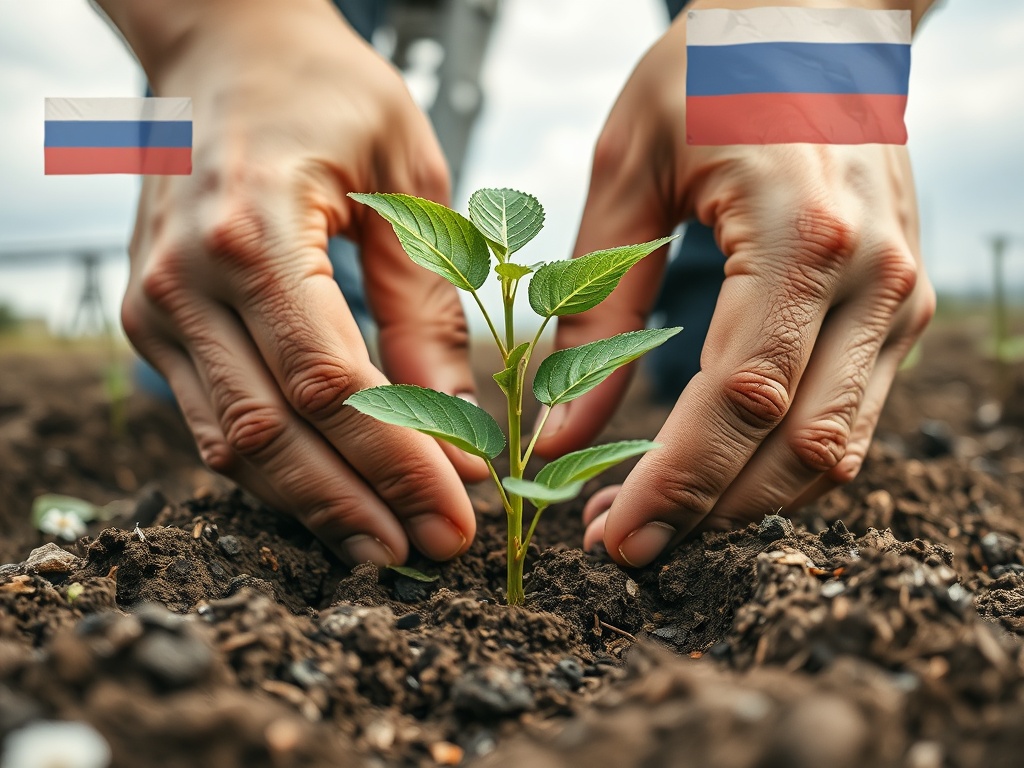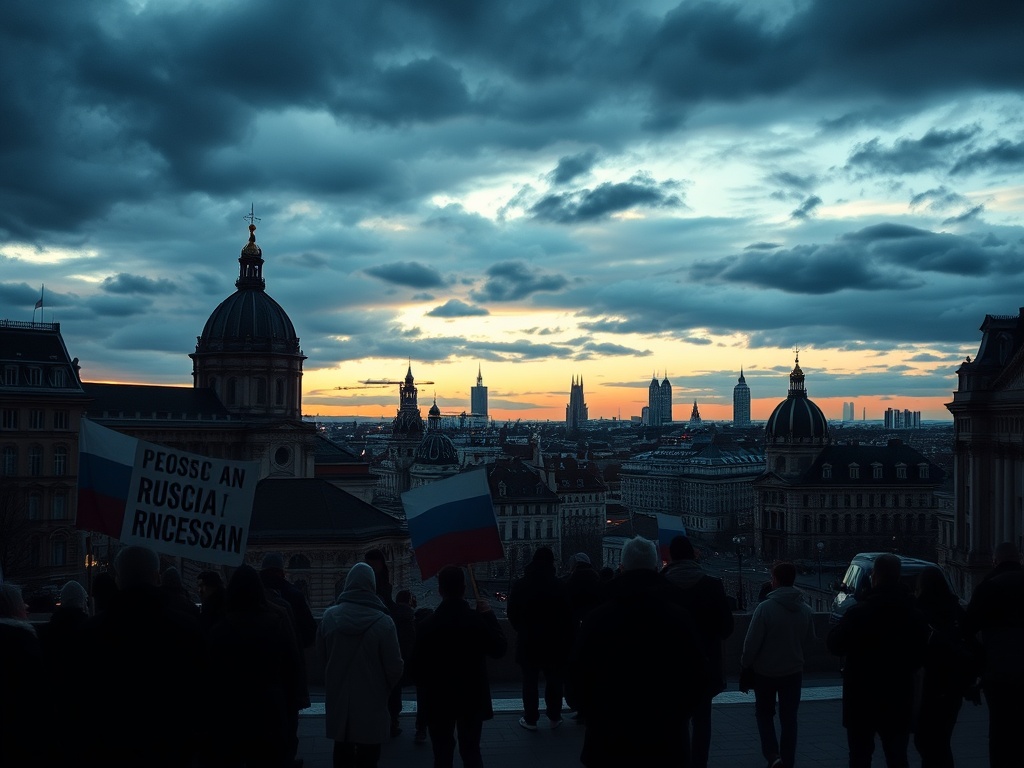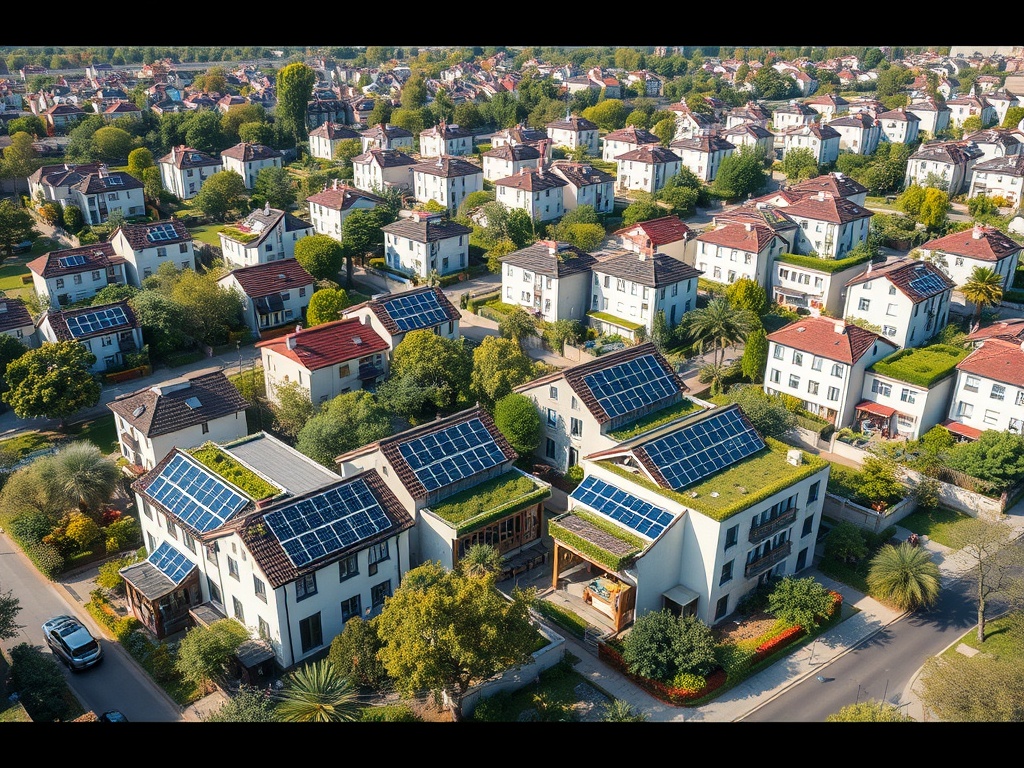The Shadow of Sabotage: Environmental Activism or Russian Manipulation?
In recent weeks, a peculiar wave of car sabotage has swept through the streets of Germany, from the bustling city of Berlin to the picturesque landscapes of Bavaria. Cars have been targeted with expanding construction foam, meticulously sprayed into their exhaust pipes. Initially, authorities suspected fervent environmental activists, especially given that stickers left on the vehicles featured Robert Habeck, the Green Party’s candidate for chancellor in the upcoming parliamentary elections, alongside a provocative slogan: “Be Greener.” However, the investigation took a surprising turn when four individuals were arrested after a further 43 vehicles were attacked. One of the suspects confessed to being recruited online by a shadowy Russian figure who provided detailed instructions and offered a financial incentive of €100 (£83) for each car damaged.
This act of sabotage, unveiled earlier this month, is merely one instance in a broader pattern of so-called “grey zone” attacks proliferating across Europe. These incidents range from arson in arms factories and shopping centers to the cutting of undersea cables, all of which are challenging to categorize as outright acts of war. German intelligence agencies are sounding alarms about the Kremlin’s increasing reliance on paid proxies to destabilize democracies, exploit societal divisions, disseminate disinformation, and support local operatives. The target in this instance was a political party that staunchly supports Ukraine, set against the backdrop of a pivotal election in Europe, where pro-Russian parties are gaining alarming traction on both ends of the political spectrum.
Orwellian Times: A Disturbing Political Landscape
This unsettling situation set the stage for last week’s Munich Security Conference, where former Fox News commentator Pete Hegseth, absurdly considered for the position of U.S. Secretary of Defense, shockingly suggested that Russia could retain its ill-gotten territories in Ukraine and that Kyiv should not join NATO. Shortly thereafter, his superior, Donald Trump, claimed to have contacted Vladimir Putin to propose an enticing peace deal for the Kremlin, dismissing the atrocities committed in Ukraine while absurdly claiming to trust the former KGB officer. The following day, Trump’s Vice President asserted that the gravest threat to Europe stemmed not from Russia or China, but rather from within, through the suppression of free speech. This statement came just days before he attempted to bolster a local far-right party, which has been classified as extremist by intelligence agencies, in advance of the elections.
We are undeniably living in Orwellian times. Trump proclaims the need to restore America’s greatness while simultaneously jeopardizing national security and presenting himself as a naïve negotiator. His deputy JD Vance preaches the virtues of democracy while supporting a felon he once compared to Hitler, who sought to overturn an election, and then positions himself as a champion of freedom while the administration targets dissenters domestically and assists pro-Russian factions abroad. Meanwhile, their favored oligarch, Elon Musk, wreaks havoc within the federal government, espousing free speech while cozying up to a repressive Communist regime in China that stifles domestic dissent to protect his business interests.
Whispers of Compromise: Sanctions and Security

Reports have emerged indicating that Marco Rubio, the U.S. Secretary of State, is contemplating the unilateral lifting of certain sanctions against Russia. The hypocrisy is palpable, especially considering that the West has not exactly distinguished itself with strong and decisive support for Kyiv, which has hampered efforts to reclaim lost territory. Now, Trump appears to be selling out Ukraine right before our eyes—a nation that has found itself at the forefront of a critical battle between democracy and dictatorship, demonstrating remarkable resilience against Russia’s military aggression. It is noteworthy that Moscow’s advances in the Donbas region have significantly slowed this year, with reported losses reaching unprecedented levels, and it has failed to reclaim the occupied Kursk region while its economy grows increasingly fragile despite glaring gaps in Western sanctions.
Trump has made substantial concessions to the Kremlin without securing any reciprocal benefits, all the while turning his back on Europe and threatening our collective security through an approach of appeasement. The White House has sent a clear signal to Putin: once he has rebuilt his battered yet battle-hardened military, he can resume his openly stated ambitions to restore Moscow’s empire, whether through renewed assaults on Kyiv or through hybrid attacks targeting the Baltic States. Belarus is already firmly within Russia’s grasp, Georgia is slipping away, and Hungary and Slovakia have been effectively neutralized. Now, Washington has seemingly erased Putin’s pariah status, posing a threat to the transatlantic NATO alliance while sending a message to the world that might makes right, further eroding Western credibility. The Kremlin must be reveling in the chaos.
A Global Perspective: The Implications for Democracy
This troubling development has undoubtedly caught the attention of other potential aggressors, particularly in Beijing, where the focus is currently on Taiwan. However, this should not come as a surprise. The damage inflicted during Trump’s first term was mitigated by his chaotic management style and the presence of advisors with more sensible worldviews. Nevertheless, the tycoon has made it abundantly clear that if he were to win again, he would purge dissenters and rely on unwavering loyalists. Many within his MAGA movement look to Viktor Orban’s “illiberal democracy” model in Hungary as a blueprint—one that suppresses media criticism, dismantles democratic institutions, and undermines judicial independence while fostering friendly ties with Russia.
Trump’s selection of Vance was celebrated in Moscow; he has consistently resisted providing aid to Kyiv and infamously remarked, “I don’t really care what happens to Ukraine,” dismissing it as “a corrupt nation run by oligarchs”—an irony that underscores the absurdity of our times, particularly in light of the events unfolding in Washington.
Looking Ahead: The Role of Allies in Securing Democracy
Russia’s aggression against Ukraine was never truly about NATO; it was fundamentally about Ukraine’s aspiration to join a democratic Europe and Putin’s relentless desire to maintain control over it. Recently, President Volodymyr Zelensky firmly declared, “I believe in Europe.” Thus, the question arises: where does Britain fit into this evolving landscape, especially as the divide widens between Europe and a U.S. administration that seems dismissive of our shared values?
Britain must do everything within its power to facilitate a security arrangement that safeguards Ukraine, allowing its surviving regions to strive for a free and prosperous future. Sir Keir Starmer, along with other European leaders, faces the daunting challenge of steering Trump away from Putin’s manipulation while simultaneously warding off potential U.S. tariffs. The unpredictability of the situation is palpable, and anything remains possible. However, while Ukraine’s bravery warrants far more substantial support from its allies, Trump has never concealed his insistence that Europe must prioritize its own interests, and he is correct in emphasizing the urgent need for increased defense spending.
There can be no illusions now: these are perilous times for democracies, besieged by both authoritarian demagogues and emboldened dictators.




